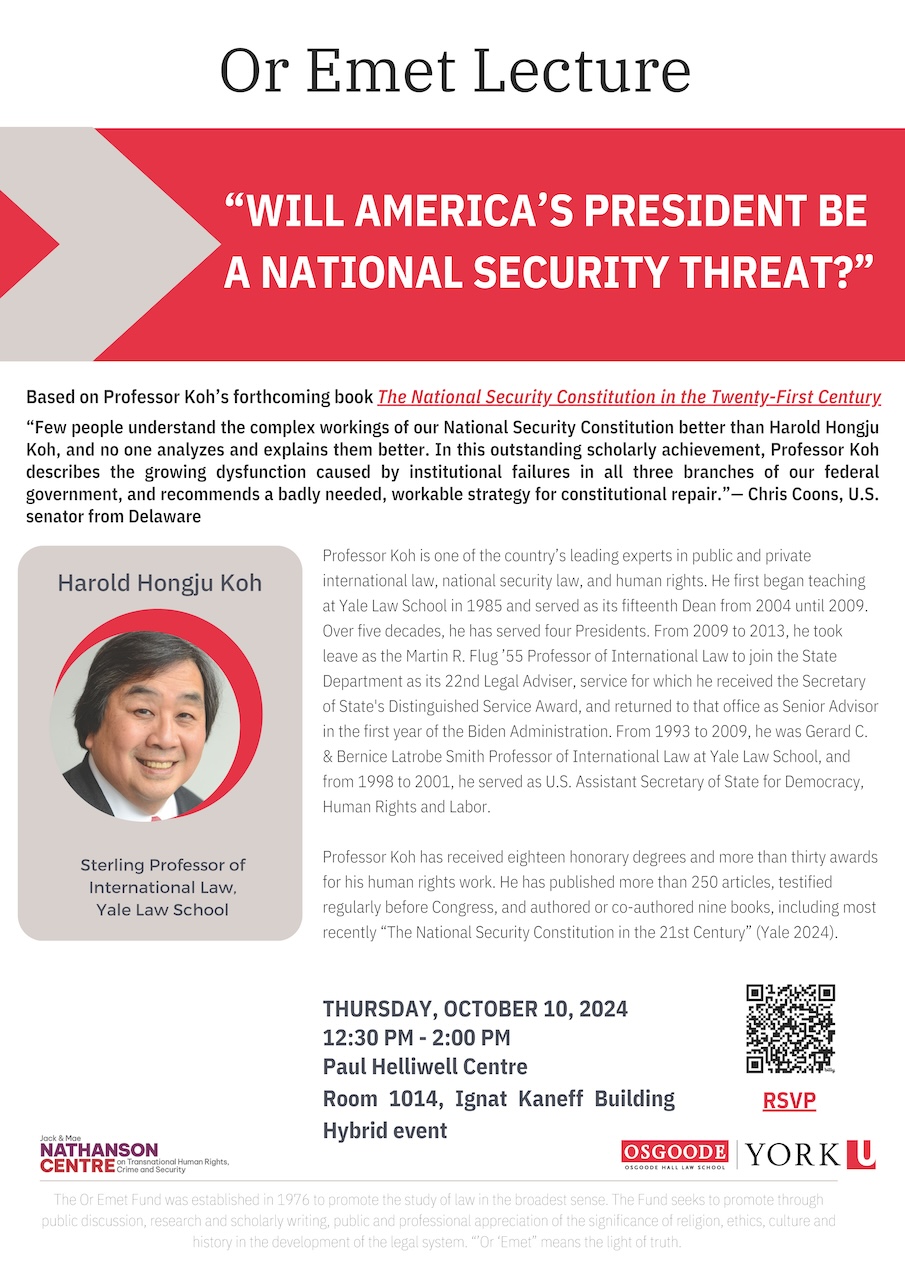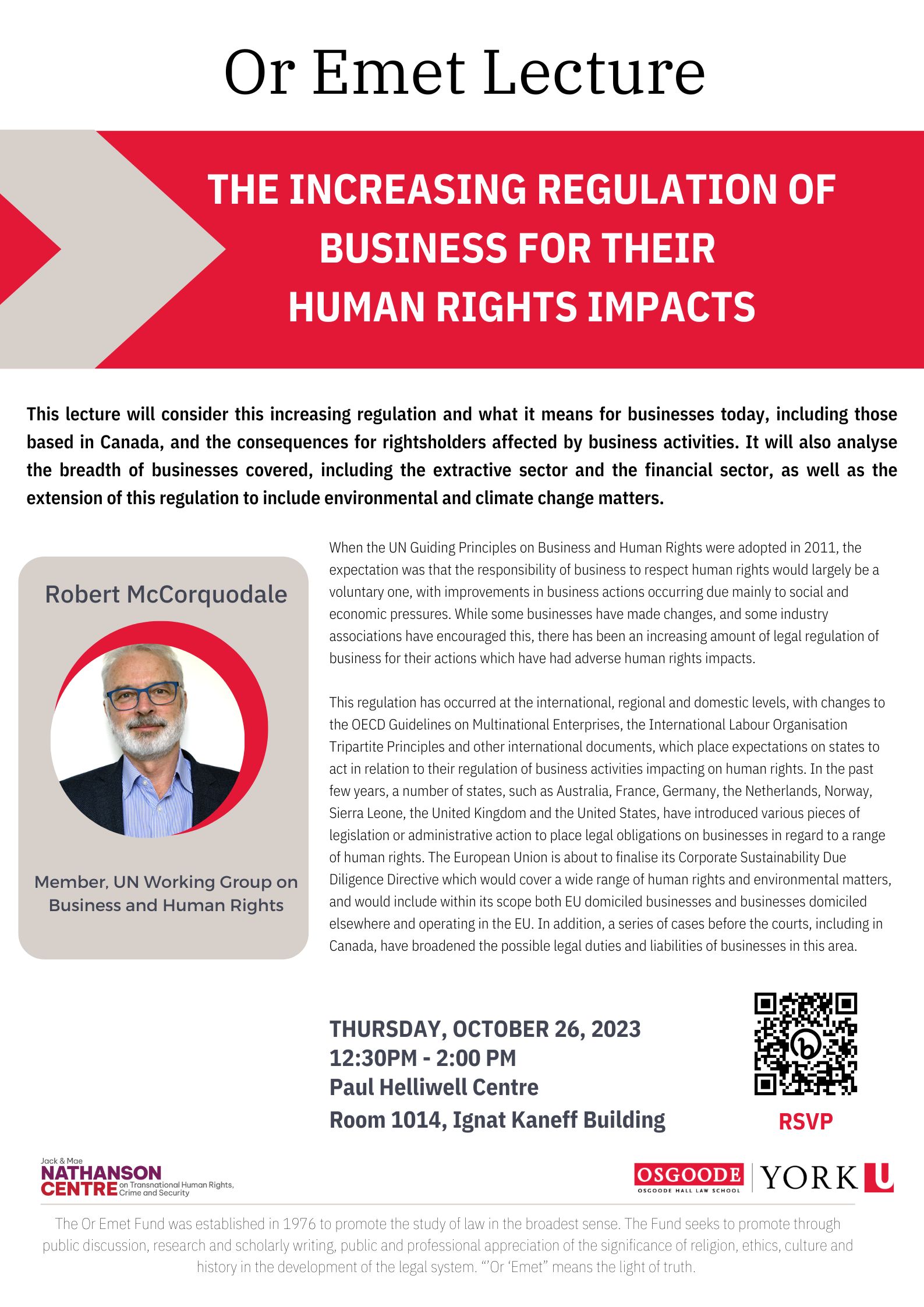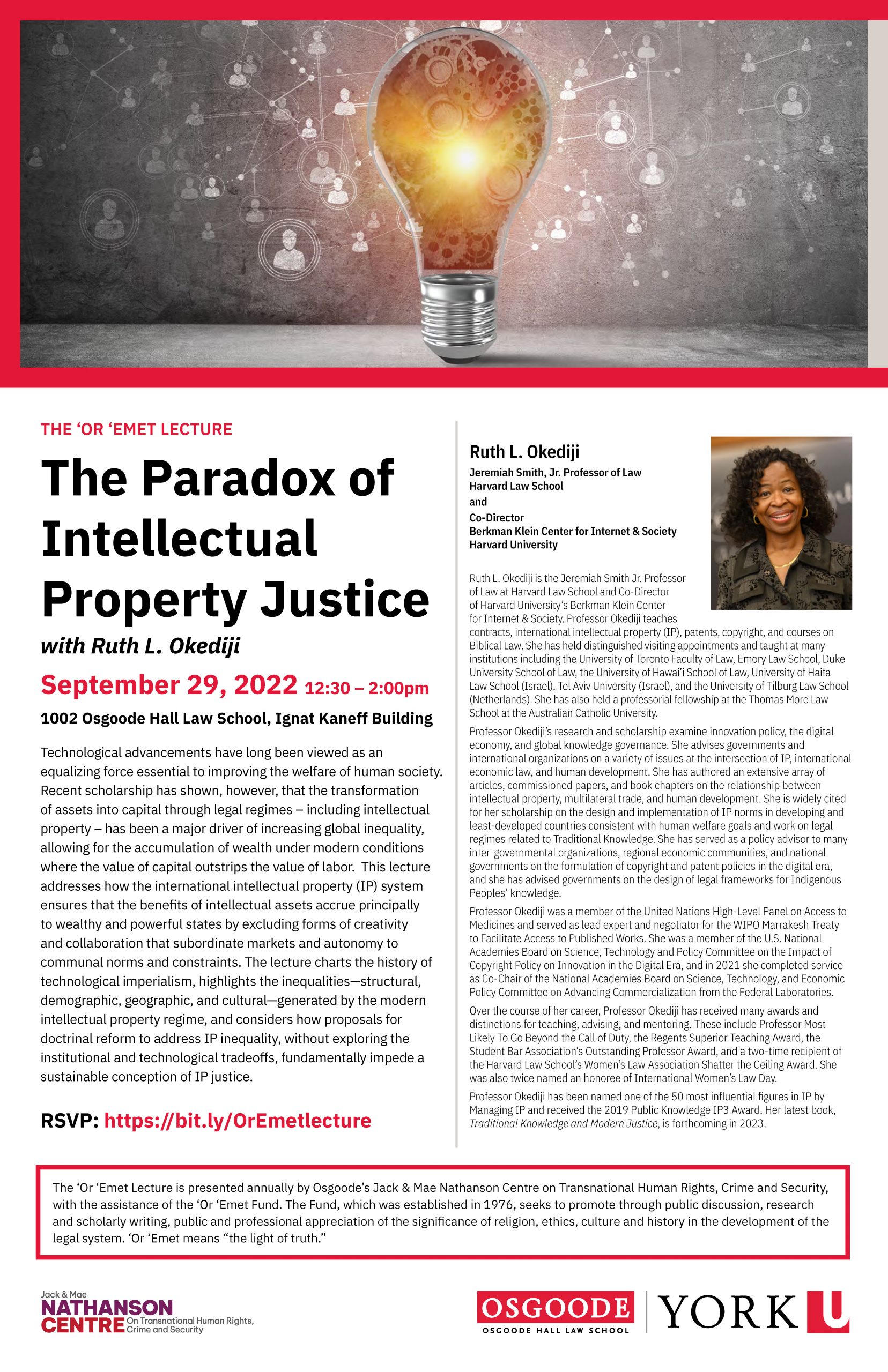Ruth L. Okediji, Jeremiah Smith, Jr. Professor of Law, Harvard Law School and Co-Director, Berkman Klein Center for Internet & Society, Harvard University
Ruth L. Okediji is the Jeremiah Smith Jr. Professor of Law at Harvard Law School and Co-Director of Harvard University’s Berkman Klein Center for Internet & Society. Professor Okediji teaches contracts, international intellectual property (IP), patents, copyright, and courses on Biblical Law. She has held distinguished visiting appointments and taught at many institutions including the University of Toronto Faculty of Law, Emory Law School, Duke University School of Law, the University of Hawai’i School of Law, University of Haifa Law School (Israel), Tel Aviv University (Israel), and the University of Tilburg Law School (Netherlands). She has also held a professorial fellowship at the Thomas More Law School at the Australian Catholic University.
Professor Okediji’s research and scholarship examine innovation policy, the digital economy, and global knowledge governance. She advises governments and international organizations on a variety of issues at the intersection of IP, international economic law, and human development. She has authored an extensive array of articles, commissioned papers, and book chapters on the relationship between intellectual property, multilateral trade, and human development. She is widely cited for her scholarship on the design and implementation of IP norms in developing and least-developed countries consistent with human welfare goals and work on legal regimes related to Traditional Knowledge. She has served as a policy advisor to many inter-governmental organizations, regional economic communities, and national governments on the formulation of copyright and patent policies in the digital era, and she has advised governments on the design of legal frameworks for Indigenous Peoples’ knowledge.
Professor Okediji was a member of the United Nations High-Level Panel on Access to Medicines and served as lead expert and negotiator for the WIPO Marrakesh Treaty to Facilitate Access to Published Works. She was a member of the U.S. National Academies Board on Science, Technology and Policy Committee on the Impact of Copyright Policy on Innovation in the Digital Era, and in 2021 she completed service as Co-Chair of the National Academies Board on Science, Technology, and Economic Policy Committee on Advancing Commercialization from the Federal Laboratories.
Over the course of her career, Professor Okediji has received many awards and distinctions for teaching, advising, and mentoring. These include Professor Most Likely To Go Beyond the Call of Duty, the Regents Superior Teaching Award, the Student Bar Association’s Outstanding Professor Award, and a two-time recipient of the Harvard Law School’s Women’s Law Association Shatter the Ceiling Award. She was also twice named an honoree of International Women’s Law Day.
Professor Okediji has been named one of the 50 most influential figures in IP by Managing IP and received the 2019 Public Knowledge IP3 Award. Her latest book, Traditional Knowledge and Modern Justice, is forthcoming in 2023.
The ‘Or ‘Emet Lecture is presented annually by Osgoode’s Jack & Mae Nathanson Centre on Transnational Human Rights, Crime and Security, with the assistance of the ‘Or ‘Emet Fund. The Fund, which was established in 1976, seeks to promote through public discussion, research and scholarly writing, public and professional appreciation of the significance of religion, ethics, culture and history in the development of the legal system. ‘Or ‘Emet means “the light of truth.”


